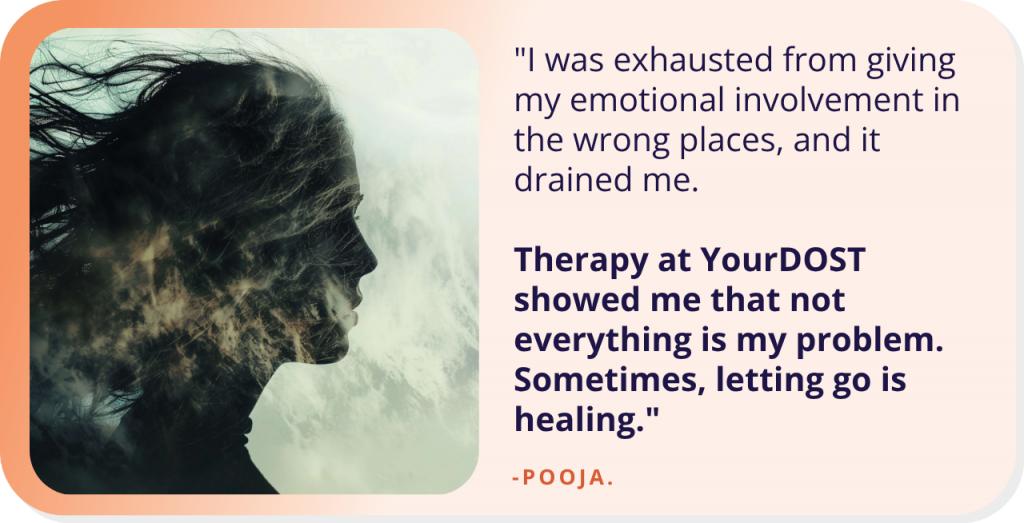5 Ways Being Grateful Benefits You – Proven by Research
“Be grateful for what you have!”
You must have been told this a thousand times, especially when things weren’t exactly going your way. Why do people say this? Does being grateful actually help you lead a happier life? If these questions have bugged you even momentarily, we’re here to answer them.

It’s not easy being grateful when there’s still so much we haven’t achieved, so many people out there with more than us, and so many problems we face on a daily basis. But extensive research has consistently shown that gratitude is associated with positive emotions such as contentment and happiness, good health, stronger relationships, and higher resilience.
To illustrate, two leading psychologists conducted a study wherein participants were divided into two groups; one wrote about things that they were grateful for, the other wrote about things that had annoyed them. After 10 weeks, the gratitude group was significantly more optimistic and felt much more positive about their lives. How did gratitude make that happen?
Here are five ways in which practicing gratitude is beneficial to us:

Gratitude leads to meaningful relationships
Showing your appreciation will help you keep your old friends close, and strengthen your relationships by reminding the important people in your life that they matter to you. It also helps you make new friends because thanking someone outside of your friend circle, breaks through their defenses and makes you appear more approachable.
Gratitude makes you mentally fit
As surprising as it sounds, gratitude reduces the toxic effects of envy, frustration, and other negative thoughts. Many scientific studies have established a link between gratitude and one’s well-being. Some researchers even state that gratitude increases happiness and counters depression. It also makes you better equipped to handle tough situations and face negative emotions.

Gratitude makes you a lot calmer
People who are grateful are usually known to behave more maturely even when people mistreat them. According to one of the studies, people who are slightly higher on the gratitude scale, tend to react less aggressively, even when they have to deal with negative feedback. By this, you find it easier to react to unfavorable situations with level-headedness.
Grateful people rarely have trouble sleeping
Spending just 15 minutes jotting down things you’re grateful for, before you hit the bed, can make you feel at peace and sleep better and longer. They also wake up in a more positive mood, refreshed and ready to take on the day.

Being grateful boosts your self-esteem
Studies have shown that gratitude helps us in overcoming our tendency to compare ourselves to others. So instead of becoming envious of people who have more money or better jobs, by being grateful, you can acknowledge other people’s accomplishments while appreciating your own.
Gratitude doesn’t dramatically change our situation, shortcomings, and struggles, but it does help us refocus on how far we have come and all that we have achieved. With regular practice of simple techniques like writing in a journal before sleeping, reflecting when we’re on our way to work, or using guided meditation tracks, we can easily cultivate gratitude.
Are you looking for more ways to make gratitude a part of your daily routine? Talk to an Expert at YourDOST today, for personalized guidance.




